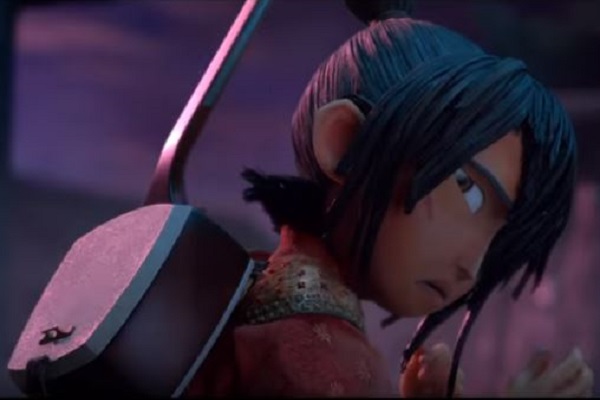
Kubo and the Two Strings Introduces Western Kids to Buddhist Concepts
- By Nathan Glover --
- 25 Aug 2016 --

Kubo and the Two Strings is re-introducing Buddhism to western viewers
Kubo and the Two Strings is a movie that re-introduces Buddhism and its beliefs to Western viewers in a way never done before. To the Western mind, which is centered on monotheistic and doctrinal Abrahamic beliefs, the more spiritual and esoteric beliefs that this animated movie presents will come as a whole new dimension to be discovered.
‘Kubo and the Two Strings’ Introduces Western Kids to Buddhist Concepts[/tweetthis]
Buddhism is very similar to Hinduism, the main point of difference being that while Hindus believe that the various aspects of the Invisible Reality manifest as various personified deities, Buddhism in its truest form is almost atheistic in that it believes in the ability of oneself to achieve “nirvana” or ultimate salvation. But like Hinduism, Buddhists also believe in ritualistic practices and the concept of past lives. Kubo and the Two Strings captures this essence of Buddhism that is often misunderstood by the West.
The film uses a lot of imagery. Magic, supernatural beings and spiritual encounters form the movie's basic structure. The way in which the life, death and the afterlife are portrayed sharply contrast the traditional ways in which the Western mind has conceptualized these things. The movie portrays the cycle of life as a series of inevitabilities that a soul has to transcend and ascend higher. This is the one of the core beliefs of the Eastern faiths. The movie completely has a Buddhist setting and Western children are introduced to Buddhism in a way that truly captures its essence, unlike the way other westerners have who studied the Eastern religions with a Western mindset, thereby creating faulty interpretations and a number of misunderstandings.
The movie, however, combines western elements as well so that it can be more receptive to the Western audience. While the core Buddhist messages are kept intact, the style in which the movie is made is one that can be relatable to the Western audience as well. Needless to say, Kubo and The Two Strings is a beautiful example of how Western and Eastern communication can meticulously be made smooth and more comprehensive.
Buddhist News: New animated film “Kubo and the Two Strings” introduces kids to Buddhist concepts – Lion's Roa… https://t.co/7tMQgAZBfT
— Rayne (@Buddha_Insights) August 19, 2016
The director, Travis Knight, has a Buddhist family and mother-in-law. He believes that nobody can escape the harsh realities of life. Articulating the Buddhist views about life, pain, death and all other such factors is a challenge that can be made easy if done through the use of mystical and fantasy animation. Kubo and The Two Strings is one such attempt that he hopes will succeed in meeting this challenge.


















